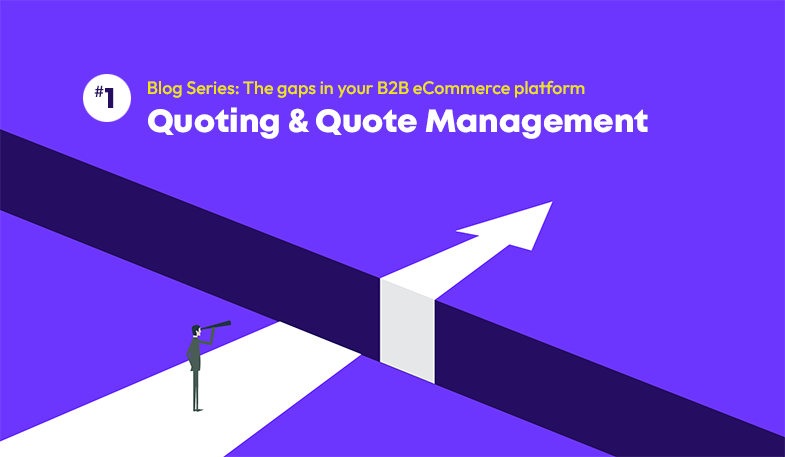Five Reasons NOT to Replace Your CMS

Way back in the 1960s, when Neil Sedaka first recorded “Breaking Up Is Hard to Do,” he was singing about a girl. Although there was no Internet back then, the song title can just as easily apply to your relationship with your CMS. Sometimes there are actually some good reasons not to call it quits, especially where eCommerce is concerned. Here are five cases where you might not want to dump your current Content Management System:
Reason #1: There’s no time
Let’s face it: In today’s economy, time is money. It’s no different with eCommerce. The sooner your store is online, the sooner you can start getting those orders. When you need to get your eCommerce store up and running really quickly, your timeframe may simply not allow for a substantial overhaul or replacement of your existing CMS. And you know what? That’s perfectly all right.
Reason #2: Your CMS and store are treated separately
If your organization is like some companies out there, the CMS portion of your website might be completely independent from your online store. Or maybe there’s only a lightweight link between them. Perhaps your company maintains three or four different brands, each with its own distinct content piece and URL. In any of these cases, you might be perfectly happy with how your CMS is functioning, and if you have several brands, the thought of replacing every single associated CMS raises the issue of time (refer back to Reason #1).
Reason #3: Your CMS is non-standard
Let’s say your CMS is a little on the older side. Or maybe it’s considered non-standard. It might even be a home-grown setup that you built in house. Although that legacy CMS of yours is serving you just fine, you’ve been struggling to find an eCommerce platform that can plug seamlessly into it. Rather than saying goodbye to your existing CMS (and all the hard work that went into creating it), why not hire someone to build a separate eCommerce site for you instead, so that you can grow your online presence as quickly and efficiently as possible? At a later date, when you have the time, the financial resources, or the inclination, you can always move your content onto the eCommerce site or think about building an entirely new CMS from scratch.
Reason #4: You’re generally satisfied with your CMS
Although you might be considering a new front end for your site, or even a new eCommerce engine to power your online store, there might not actually be anything wrong with your CMS. Likely, you’ve spent many hours building and curating content and products in your CMS, and you’ve familiarized yourself with how it works. Rather than throw out the baby with the bathwater, it may be worth it to consider leaving the CMS in place and changing the site around it.
Reason #5: Your website isn’t public-facing
Some companies have separate business to consumer and business to business sides. Let’s say your company wants to leave its business to consumer side alone and keep things simple and straightforward with its current setup. In that case, there’s no need for a new CMS if the public really doesn’t see or interact with it. But maybe the business to business side is much more complicated and requires capabilities for searching, ordering, POs and the like.
The takeaway here is that no matter what your reasons are for staying with your current CMS, there is always a way that an eCommerce platform like Ultra Commerce can tie into it and benefit your business – even if that platform has to exist on a separate domain. A skilled eCommerce partner can also make sure that your online store reflects the design elements and themes that you love about your CMS, so that the transition from content to shopping experience appears seamless to your customers. To learn more about how we’ve created effective eCommerce solutions for clients who’ve chosen to keep their legacy CMS, check out our case study for Scientific American.
See? Your existing CMS and robust eCommerce functionality can live together happily ever after. No breakups necessary!
Resource Center

A new blog series about the critical eCommerce capabilities missing in most eCommerce platforms for B2B companies. #1: Quoting & Sales Support

A closer look from the Ultra perspective on what we really mean when we talk about headless commerce and why it may not be right for every company.

Davis Art is now the only online K-12 publisher dedicated to the arts, creating top-notch curriculum and resources for art educators nationwide, all from the Ultra Commerce platform.
